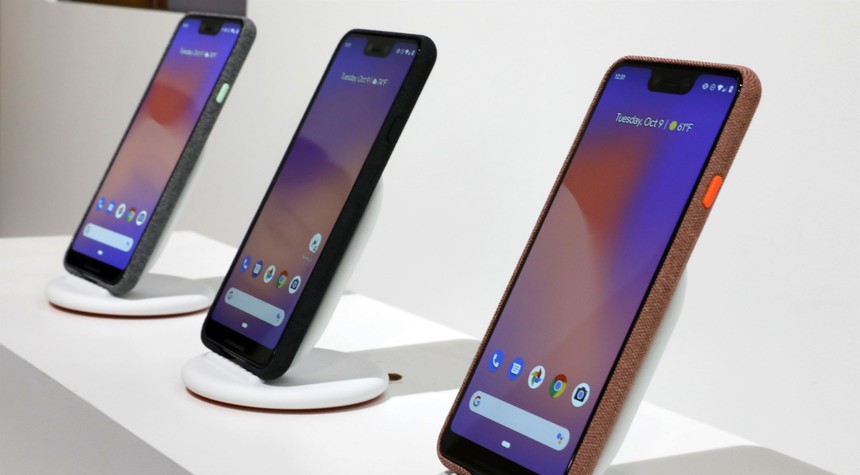In a class action lawsuit, the Massachusetts Department of Public Health (DPH), claims it worked with Google to install spyware on more than one million Commonwealth residents’ smartphones in an ill-conceived effort to combat COVID-19. This brazen disregard for civil liberties is a violation of the United States Constitution and the Massachusetts Constitution. It cannot be held responsible. In Wright v. Massachusetts Department of Public Health et al., the plaintiffs are represented by The New Civil Liberties Alliance. This nonpartisan, non-profit civil rights group is not affiliated with any political party. The suit challenges DPH’s covert installation of a COVID tracking app that tracks and records users’ movements and personal contact without their consent or knowledge.
Robert Wright and Johnny Kula claim that DPH and Google have secretly installed the app on over one million Android phones in Massachusetts since June 15, 2021. This is in violation of the owners’ common-law and constitutional rights to privacy. DPH’s contact-tracing app is not displayed on an Android device’s home screen once it has been “automatically installed”. Only the owner can find the app in “settings” by using the “view all applications” feature. The typical smartphone owner is unaware that the app exists. DPH simply reinstalls the app after smartphone owners delete it, according to records.
DPH secretly installed contact tracing apps onto more than one million Android devices, according to the lawsuit. This was because very few Massachusetts citizens had downloaded the voluntary version. Plaintiffs claim that their constitutionally protected liberty rights allow them to not have their whereabouts or contacts recorded, broadcast, and monitored. They claim they have the right to prevent government agencies from gaining unauthorized and unconsented access to their smartphones.
“Many countries and states have successfully used contact tracing apps to track their citizens. They obtained their consent before downloading the software onto their phones. It can be hard to persuade the public to adopt such apps, but it is necessary for a free society,” stated Sheng Li, Litigation Counsel at NCLA. “The government cannot secretly install surveillance equipment on your property without a warrant – even if it is for a noble purpose. It may not install surveillance software onto your smartphone without your consent and awareness.”
Nine counts were filed against DPH in the class-action lawsuit brought by the plaintiffs. These include violations of the Fourth and Fifth Amendment rights of the U.S. Constitution as well as violations of Articles XIV and XIV of the Massachusetts Declaration of Rights. Plaintiffs claim that DPH’s conduct is supported by no law, and serves no public health purpose. This is especially true since Massachusetts has stopped its state-wide contact-tracing program. They also claim that DPH is not authorized by law or regulation to secretly install software on Android devices in Massachusetts. This includes spyware specifically designed to access private health information.
The suit asks for injunctive relief from the U.S. District Court for Massachusetts and no damages for the class. “The Massachusetts DPH is, as any other government actor and subject to federal and state constitutional and legal restrictions on its conduct. “This ‘android attack’ was deliberately designed to override citizens’ constitutional and legal rights to privacy. Without their consent, it reads like dystopian science fiction. The court must quickly invalidate the court’s decision,” stated Peggy Little, Senior Litigation Counsel at the NCLA.
The NCLA does not know of any other states that have used a similar strategy to auto-install contact-tracing apps. It appears that Massachusetts iPhone users consented to similar apps being installed on their devices.


